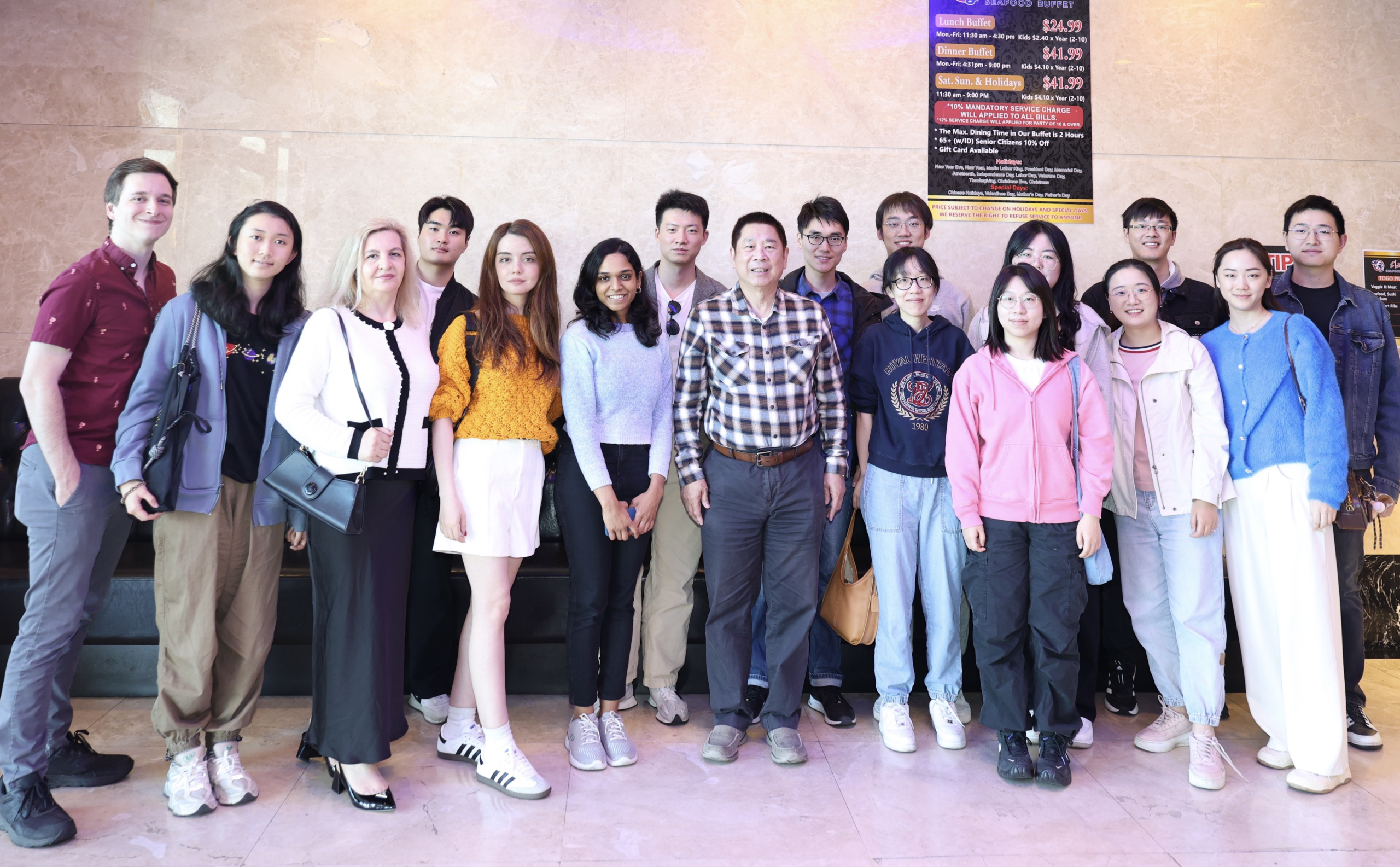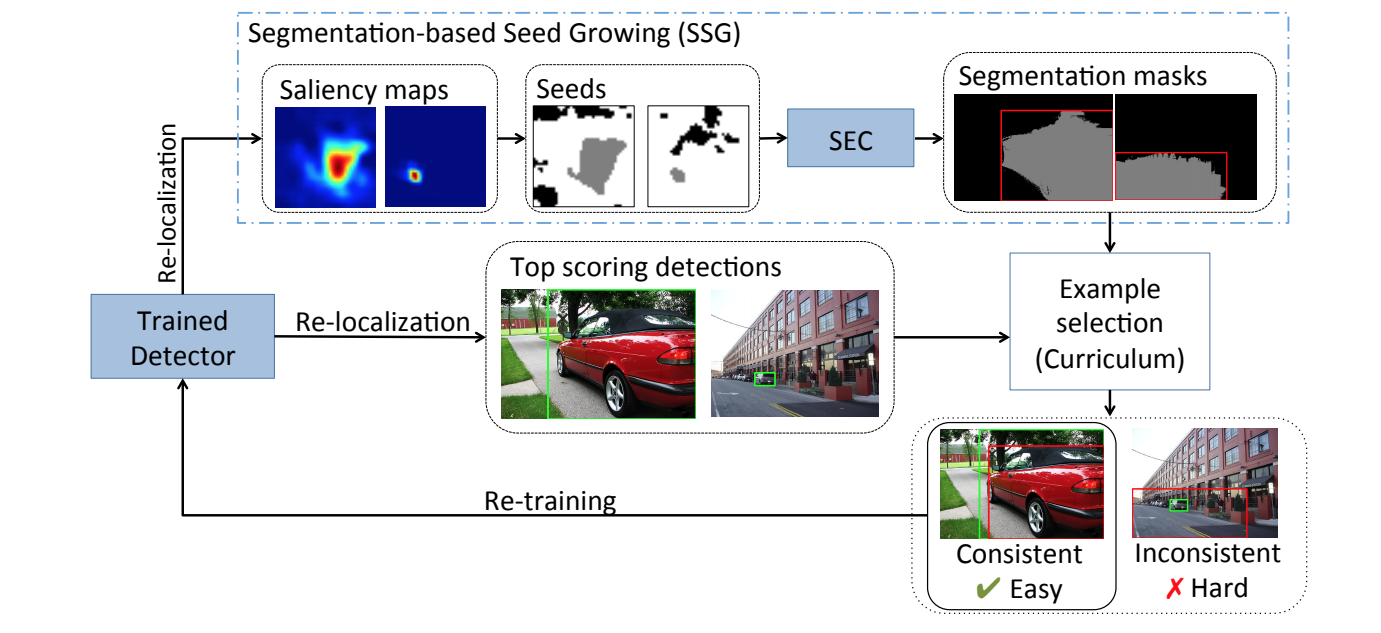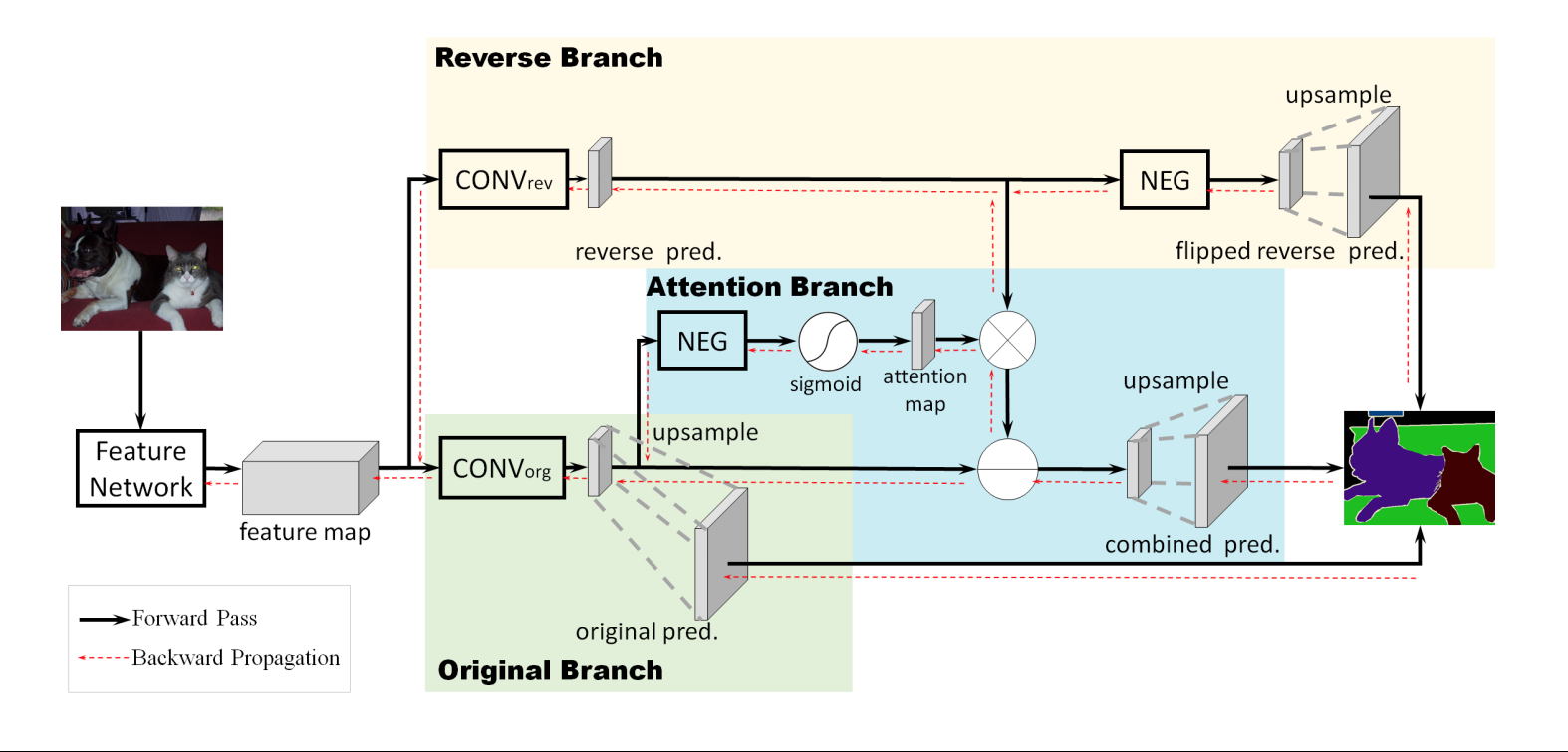MCL Research on Nuclei Image Segmentation
Nuclei Segmentation is a key step in understanding the distribution, size, and shape of nuclei in the underlying tissue. Traditionally, pathologists view histology slides under the microscope to analyze the nuclei structure. However, this process is time-consuming and is prone to inter-reader variability. An AI-based segmentation algorithm aids pathologists in cancer detection and prognosis and helps speed up the cancer screening procedure.
While there are several deep learning methods addressing this problem, we propose a Green Nuclei Segmentation algorithm that uses a simple, reliable, and modular approach to delineate nuclei in a histopathology slide. The Green U-shaped Learning algorithm features an encoder-decoder style architecture. The encoder learns local and global features from each image, and the decoder predicts an initial mask at a coarse resolution and refines the predictions as we progress from the coarse to fine resolution. We aim to predict a binary mask that separates the nuclei from the rest of the cell material.









